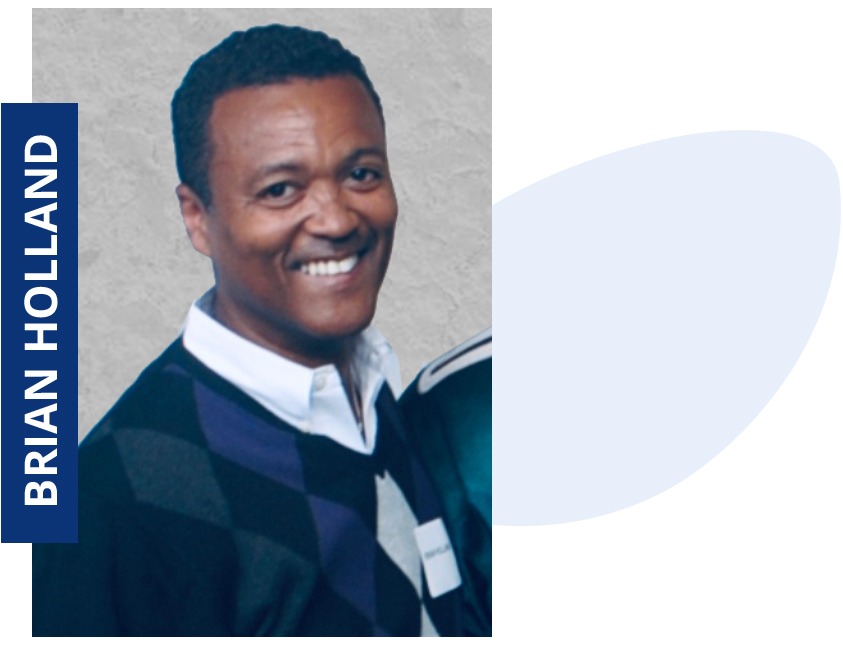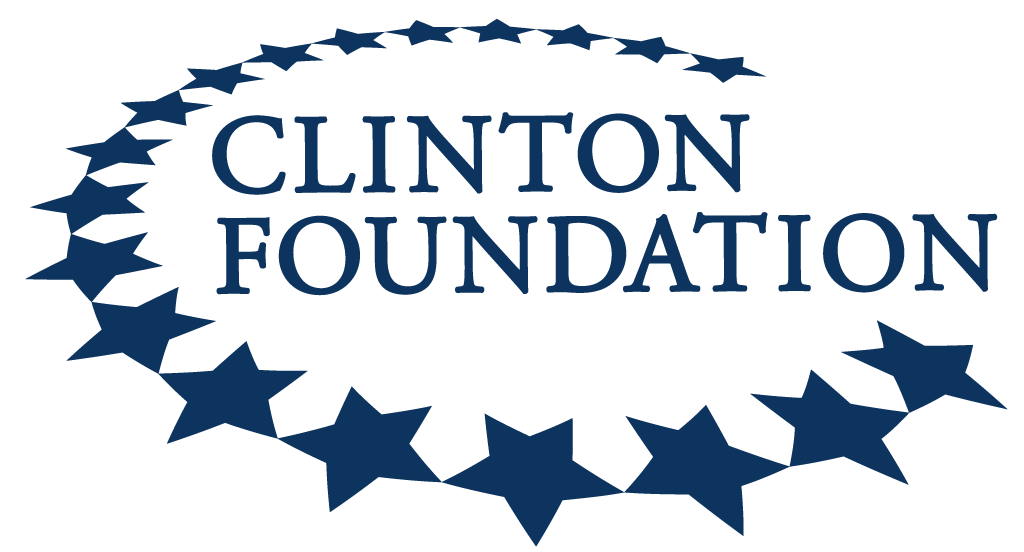A small business owner and community leader reflects on what 2020 revealed for children and families in his community
What motivated you to start The Laundry Café? When did you start it and why?
The doors opened to The Laundry Café in 2012, although my research started much earlier. I had an entrepreneurial fund that I had been saving, and I’d been waiting to invest. Laundry popped out as a super simple but viable business, and I wanted to put a new spin on it that would help improve underserved communities. My background was originally in health care, and I had witnessed painfully unacceptable disparities. I was also born just outside Philadelphia, in one of the six most economically depressed cities in the nation, and I didn’t want the laundries I built to look anything even remotely like those I experienced growing up.
What separates The Laundry Café from typical laundromats?
Often what separates some of the brightest kids in these communities from some of the best colleges in the country is just a lack of information. We started out providing books to educate parents and children. Then, we added programs like breast and prostate cancer awareness, and stroke prevention, all of which disproportionately affect communities of modest means, but can easily be addressed when people learn what to do to detect it early enough. We brought in local banks like Wells Fargo and TD Bank to do financial literacy programs, health care providers and professionals to conduct medical programs, and offered free laundry days and literacy events with our partners, the LaundryCares Foundation and the Clinton Foundation’s Too Small to Fail initiative. Our mission to “serve the community” just keeps growing.
During “Free Laundry Days” at The Laundry Café, you will see volunteers and patron guests who couldn’t be further apart with means and stations of wealth, working cooperatively together. And while sharing the same space and time together, each experiences a genuine appreciation for the other that would never happen otherwise. These events are literally magical and humanizing moments. The volunteers who help recognize that this is vitally necessary, and their efforts make a difference. And our patron guests recognize that, “these are people who genuinely care.”
Can you talk about what it has been like for you as a business owner and as a leader in your community?
2020 was set to be such a great year until COVID-19 kind of derailed everything. In a strange way, I think COVID-19 was not just a threat but also a mirror that reflects more about our humanity than about our health. In some ways it brought out the beautiful truth about us, and in other ways it was just plain painful to endure.
I was scared out of my wits when COVID-19 hit. Most of our employees live in multi-generational households that depend on each other for survival. I have an 89-year-old father-in-law who lives with us. Our laundries are generally busy, and our staff is known for being proactively helpful. In the beginning, we didn’t know whether or not the virus could be transmitted in the air or even on clothing, so there was a lot of fear. Like every American, we all had tough decisions to make. Do you stop working and reduce the risk to your family, but sacrifice vital income? Or, do you continue to work and continue to eat?
Laundry was eventually designated as an essential service and that gave us the option to remain open, unlike restaurants and many of our neighboring businesses. We took precautions for our staff and for anyone who would come in our doors. Even many of our laundry competitors closed, but we remained open 24/7 for each of the communities we serve. COVID-19 ultimately proved the truth about laundry: clean clothes are a necessity that everyone requires, regardless of the economy and what’s going on in the world. It also proved that some of the most humble among us are unsung heroes who risk everything for complete strangers. Few people would consider laundry workers as frontline heroes, but they really are.
We kept serving the community and I got a permit for outdoor programs in our parking lot. Unemployment was huge and increasing, and people weren’t sure when they’d get back to work. Adam, a 24-year-old from our community, came to me asking if he could share our space and partner on a program called Sista Talk to honor women-owned businesses and struggling single mothers in our community. In a matter of weeks, he pulled together cribs, diapers, clothing, food, brand new suits, and so much more from churches and others in the community. It was such a moving moment with so much energy, and I learned to never underestimate the potential of small, committed teams.
What gives you hope?
In so many ways, 2020 will be regarded as pivotal to our history and I’m hopeful that 2021 brings greater growth, just with less pains.
I’m convinced that humanity is far more resilient than we realize and that good can come out of any crisis. Leaders naturally emerge, ineffectual leadership is revealed, the ignored truth is uncovered, and injustice is clearly identified by good humans, of all colors, all over the world.
I am encouraged by people like Adam and the millennials who are motivated to effect meaningful change through positive means and peaceful protest. They don’t subscribe to old tenets of systemic racism, classism, and socioeconomic strata. They couldn’t care less about that! They see our future differently and I think that we’re in good hands. During the civil rights era of the ’60s, minorities were on a lonely and largely monochromatic march to effect change. In 2020 however, the march for racial injustice was joined by people of all colors, ethnicities, and even other nations. The events of 2020 created an irrepressible outcry for humanity that echoed across the globe.
Brian Holland is the co-founder of The Laundry Cafe, a laundromat committed to providing community programs and services that support local residents and families. He is partnering with Too Small to Fail to pilot the first “Family Read, Play & Learn” spaces in Philadelphia to create literacy-rich environments in his laundromat.





